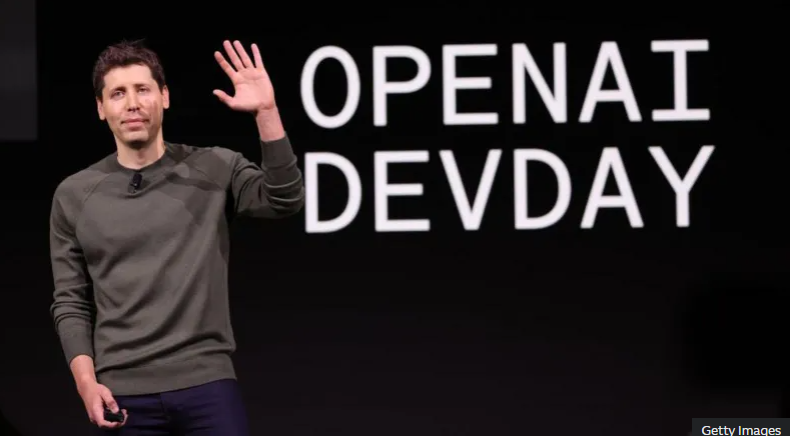OpenAI, the creator of ChatGPT, has secured $6.6 billion in its latest funding round, attracting major investors like Microsoft. The deal values the AI company at $157 billion (£118 billion), placing it on par with investment giants like Goldman Sachs, and establishing OpenAI as one of the most valuable start-ups globally.
The company stated that this funding will help it maintain its leadership in AI research, expand its computing power, and develop tools to tackle complex challenges.
Despite its rapid growth and investor interest, OpenAI has faced internal challenges and external criticism, particularly concerning its transformation from a non-profit to a for-profit entity. CEO Sam Altman is said to be restructuring the company, a move that has drawn criticism from staff and even co-founder Elon Musk, who left the firm in 2018. Musk has voiced concerns that OpenAI is moving away from its original mission of developing AI for the benefit of humanity.
OpenAI is credited with playing a central role in bringing AI into the mainstream, sparking significant investment and interest in the sector. “The new funding will allow us to double down on our leadership in frontier AI research, increase compute capacity, and continue building tools that help people solve hard problems,” the company said in a statement.
In addition to Microsoft, other prominent investors in this round include Thrive Capital, SoftBank, Nvidia, and others. The deal comes with conditions, allowing investors to renegotiate or withdraw their funds if the company’s transition to a for-profit structure and the removal of the cap on returns do not materialize within two years.
Karl Freund, principal analyst at Cambrian AI Research, commented on the high valuation, noting that while it may seem steep, these are not “normal times.” He added, “Unless AI is somehow a bust, which I cannot imagine, OpenAI will be a powerful force to be reckoned with.”
OpenAI has announced that it currently boasts 250 million weekly active users and over one million paying business customers, highlighting the widespread adoption of its AI tools. The company is projected to generate $3.6 billion in revenue, but its losses, estimated to surpass $5 billion, are expected to exceed income, according to a report by Reuters. The push to rapidly release new versions of its chatbot has reportedly created tension between OpenAI’s research and safety teams and those focused on monetizing the company’s products.
In addition to financial challenges, OpenAI has experienced significant internal turmoil. Since CEO Sam Altman was briefly ousted in November, the company has seen a number of key executives leave, including former chief scientist Ilya Sutskever.
Recently, long-time Chief Technology Officer Mira Murati also stepped down, explaining that her decision to leave came after much reflection. On the same day, two senior OpenAI researchers also announced their departures.
These leadership changes and internal conflicts reflect the strain of balancing rapid product development with safety concerns, as well as the growing pressure to maintain OpenAI’s competitive edge in the fast-evolving AI landscape.



